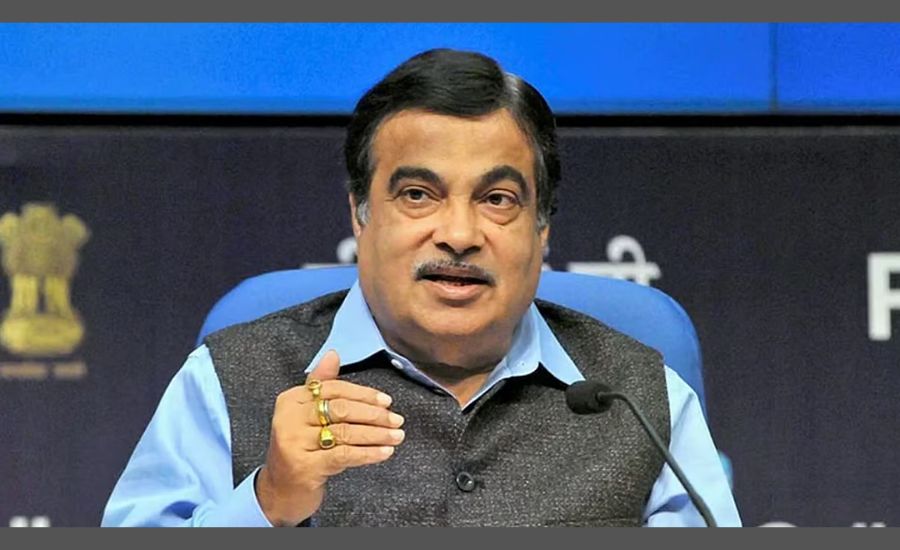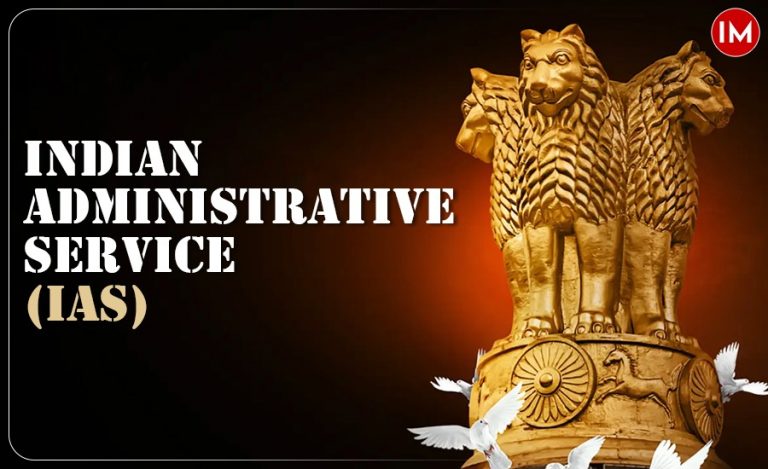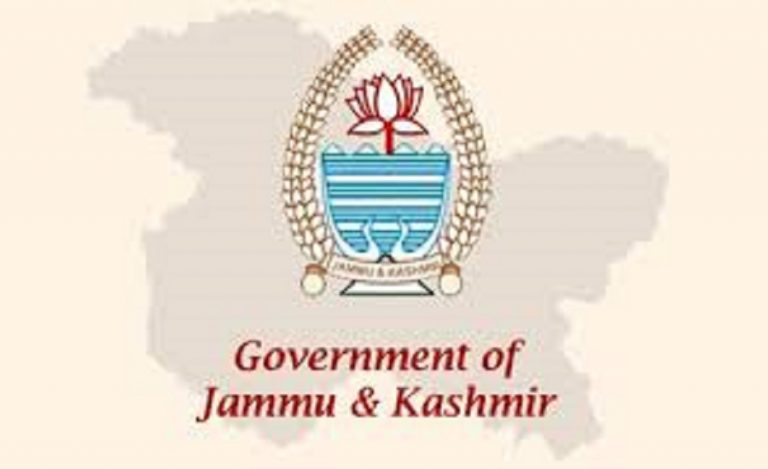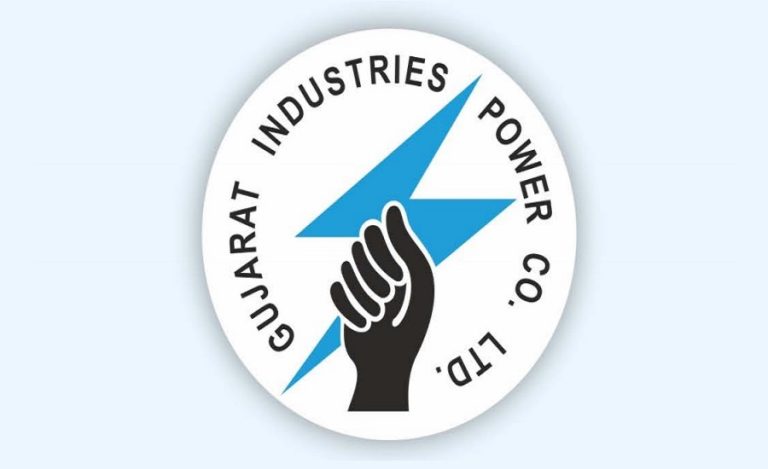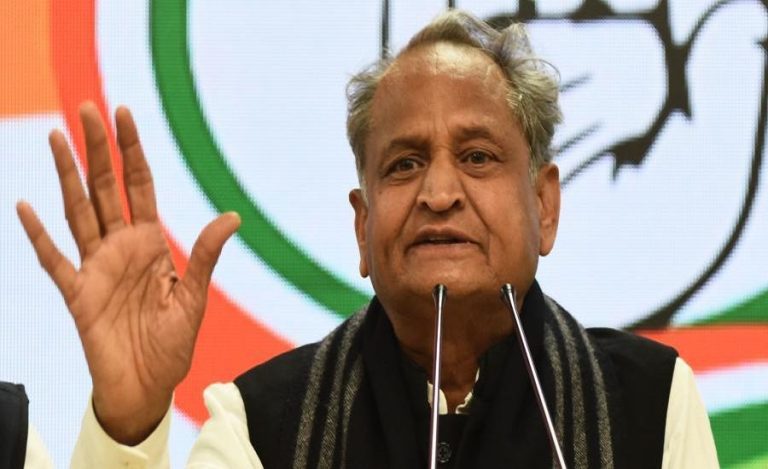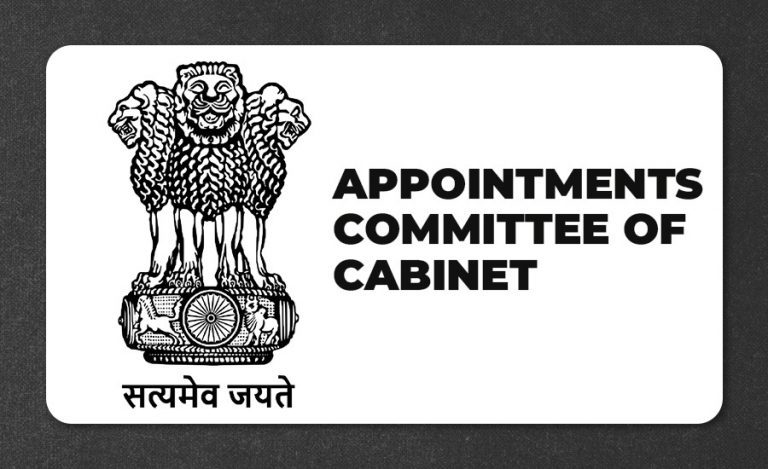New Delhi: Union Minister for Road Transport and Highways Nitin Gadkari has said India can transform from an energy importer into a global energy exporter if it reduces the cost of hydrogen production to one dollar per kilogram.
Speaking at the 24th Darbari Seth Memorial Lecture at The Energy and Resources Institute (TERI), Gadkari noted that hydrogen currently costs about USD 5–6 per kg, making it less competitive against traditional fuels. He stressed that cutting costs will be decisive for India’s energy future.
“If we succeed in bringing it down to USD 1 per kg, India will be in a position similar to today’s oil-producing countries,” the minister said.
Overcoming Hurdles in Hydrogen Infrastructure
Gadkari highlighted that the biggest barrier to mass adoption is the lack of hydrogen filling stations and efficient transport systems. “These areas need urgent and extensive work,” he said.
He also pointed out the role of municipal waste in hydrogen production. According to him, segregating waste, extracting organic matter, and feeding it into biodigesters can produce methane. If methane is then used to create green hydrogen instead of CNG, municipal waste alone could generate affordable hydrogen.
“In the years ahead, waste will become a valuable resource, and disputes may even arise over its use,” he remarked.
Hydrogen as the Fuel of the Future
Calling hydrogen the “fuel of the future,” Gadkari predicted its application across multiple industries. “Hydrogen will not only power transport but also revolutionize pharmaceuticals, chemicals, and steel. Trains will run on it, airplanes will fly on it, and dependence on fossil fuels will end,” he said.
He stressed that investment will flow if technologies are economically viable. “If the internal rate of return is strong, investment will never be a problem. But cost-effectiveness is the key,” he added.
Green Alternatives to Power Growth
The minister underlined India’s growing automobile market, noting the country’s recent jump from seventh to third place globally, overtaking Japan. “A few days ago, the global chairman of Mercedes told me they will manufacture electric Mercedes cars in India,” Gadkari said.
He emphasized that India’s future rests on electric vehicles, biofuels, and hydrogen adoption. “If adopted on a wide scale, these technologies will ensure carbon neutrality, create jobs, protect the environment, and accelerate development,” he said.
Gadkari also highlighted the potential of India’s 17 percent wasteland. Planting bamboo, he explained, could provide a sustainable alternative to coal in power plants. “Bamboo is not only cheaper than coal but also cleaner. It can provide employment to crores of people,” he noted.
Toward Self-Reliant Green Growth
The minister concluded by linking green initiatives to India’s economic ambitions. “A green revolution can make Atmanirbhar Bharat a reality. We can become a five trillion-dollar economy and the third-largest in the world. This is within our reach,” he said.
Also Read: India Targets 10% Share in Global Green Hydrogen Exports by 2030 says Minister Shripad Naik

